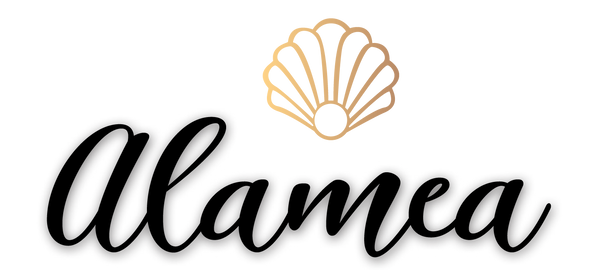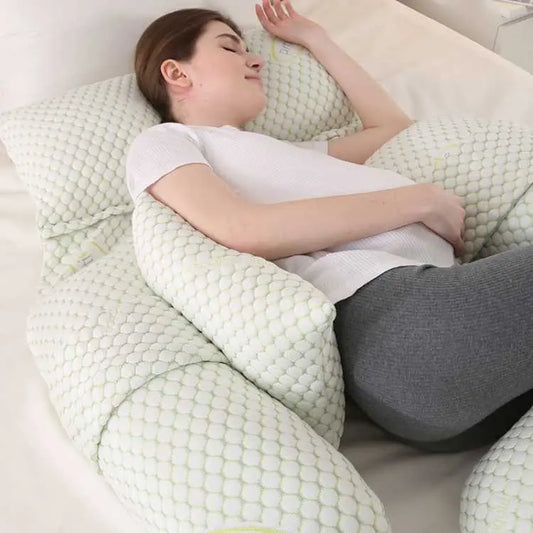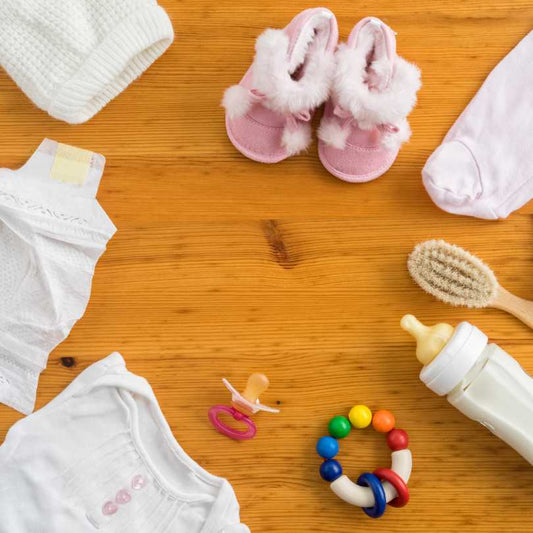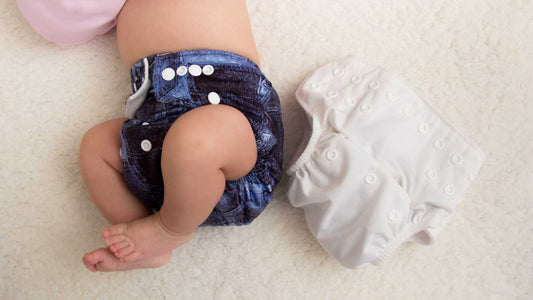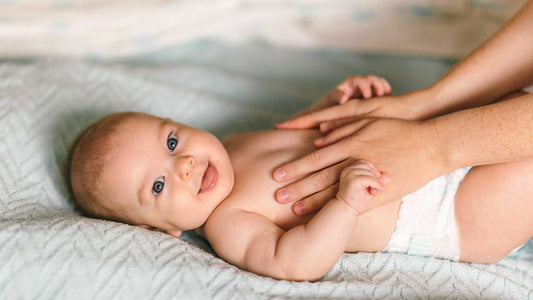
If you notice your baby showing symptoms of a cold, such as snot, this is normal. Pediatricians believe that children often catch colds because viral infections are easily transmitted through the nose, and children are more susceptible to these types of infections. Since babies don't yet know how to breathe through their mouths, a stuffy nose can cause breathing difficulties. You can help your baby by giving decongestants such as lukewarm Saltwater rinses which uses nasal irrigation to help easily clear retained mucus and improve your child's breathing, thus relieving the child's discomfort.
To easily remove mucus, you can sit your baby down or place them face down so you can easily rinse their nose. It's important to rinse each nostril separately. A volume of 1.0 to 1.5 ml of saline solution, especially for babies, is recommended. It's important that the solution is at room temperature to avoid unpleasant irritation of the nasal mucous membranes. This process can be repeated as often as needed, and there are no contraindications or adverse effects associated with its use.
It is not recommended to use nasal aspirators, Because, according to pediatricians, these devices can cause problems with the ears and trigger ear infections, as the mucus during suction can enter the canal, which is located in the middle of the ear and throat and acts as a tube by Eustaquio and can cause complications.
Steam baths are a great way to soften mucus or prevent it from hardening. Inhaling steam helps with the reclaiming and expulsion of mucus. It's also important to keep your baby hydrated, as this promotes mucus flow and circulation. breast milk is also very helpful here, as the warmth of the breast helps the baby sweat and the mucus to come out.
